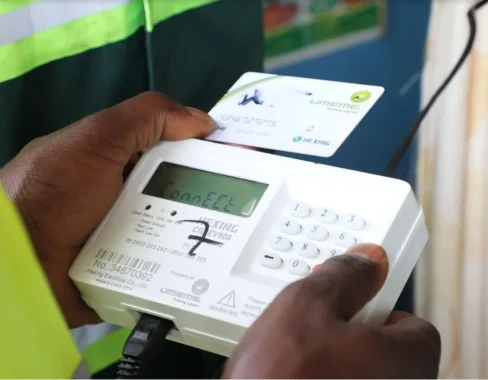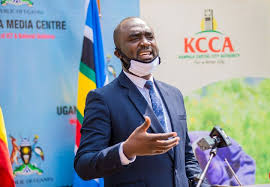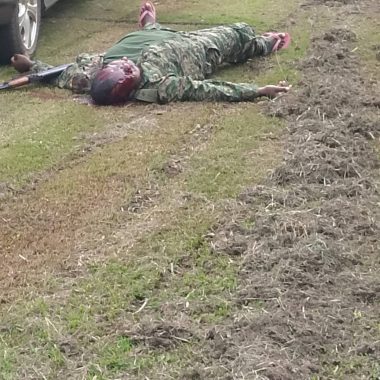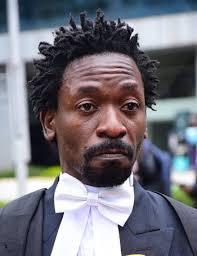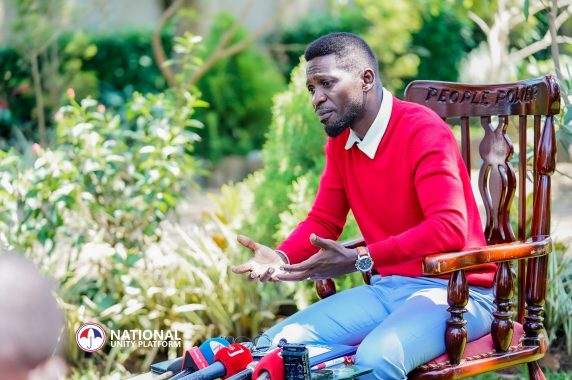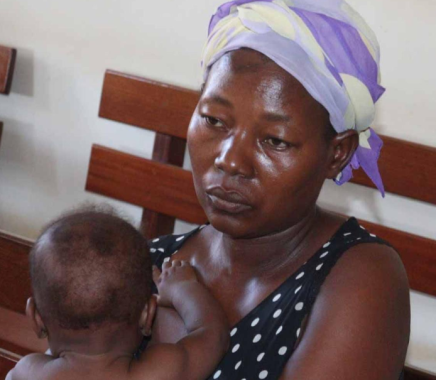Museveni , Kagame in Nairobi
After years of being at loggerheads over the recently reopened Katuna border, Ugandan President Yoweri Museveni and Rwandan counterpart Paul Kagame are meeting amicably for the first time.
The Rwandan government finally agreed to re-open its border with Uganda,on January 31, after a visit by Lieutenant General Muhoozi Kainerugaba, Uganda’s Senior Presidential Adviser on Special Operations and Commander Land Forces to Kigali to meet the President Paul Kagame for peace talks.
The duo will today sign the Treaty of Accession to the East African Community by the Democratic Republic of Congo in Nairobi, the Kenyan capital.
Both heads of State touched ground in Nairobi on Friday morning, and were witnessed exchanging pleasantries with welcoming body language. President Kagame clad in a black suit was the first to arrive before his Ugandan counterpart.
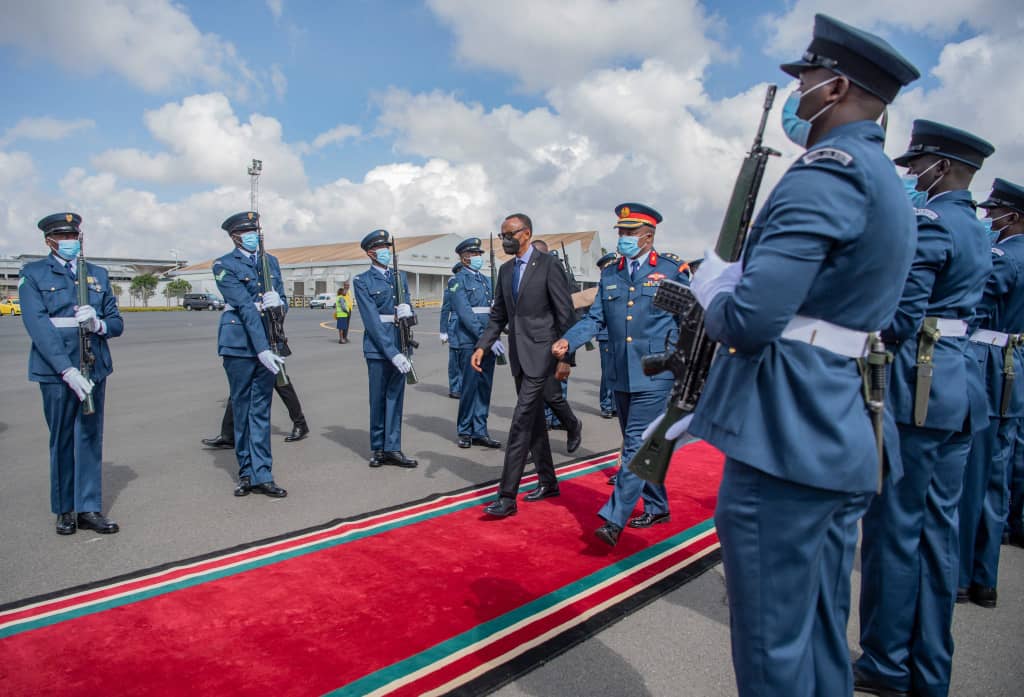
President Museveni was clad in a white shirt, black trousers and cream jacket. The duo shook hands in a friendly tone before proceeding to the place of the meeting.
“I have arrived in Nairobi, Kenya for the Signing Ceremony of the Treaty of Accession to the East African Community by the Democratic Republic of Congo,”Museveni tweeted later.
Uhuru Kenyatta is the current chairman of the East African Community.
Museveni , Kagame in Nairobi
Despite the reopening of the Gatuna/Katuna border travelers, have complained about the mandatory PCR Covid-19 test on both countries’ border points.
Travelers crossing from Rwanda to Uganda pay Rwf30,000 ($29), and USh100,000 ($28) from Uganda to Rwanda. Both Rwanda and Uganda have denied requiring travelers to pay for any Covid-19 PCR test
Lt Gen Muhoozi, Land Forces Commander and president’s son, had previously tweeted that he would travel to Kigali “to solve all outstanding issues between Rwanda and Uganda.”Only cargo trucks were allowed to cross the border.
He has since traveled there on two occasions, the latest in mid March to resolve the complaints.
The borders were closed in 2018 following a number of grievances by Rwanda which Uganda had failed to address.
These included hosting hostile groups which use Uganda as a base to plan activities to destabilize Rwanda and enjoy support from some Ugandan public institutions. Other grivances include the arbitrary arrest, abduction, torture and illegal detention of Rwandans by Ugandan security forces, among others.




